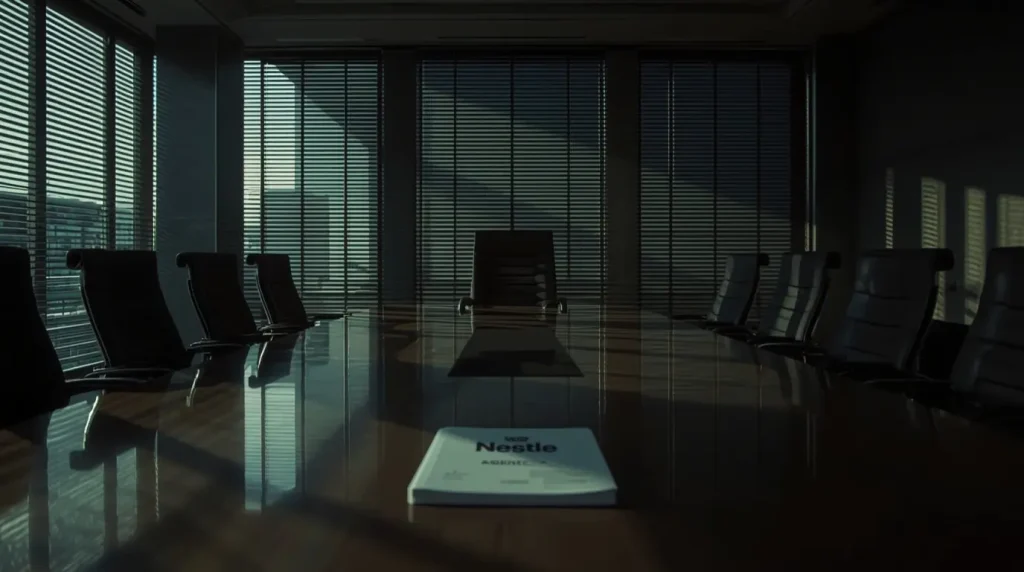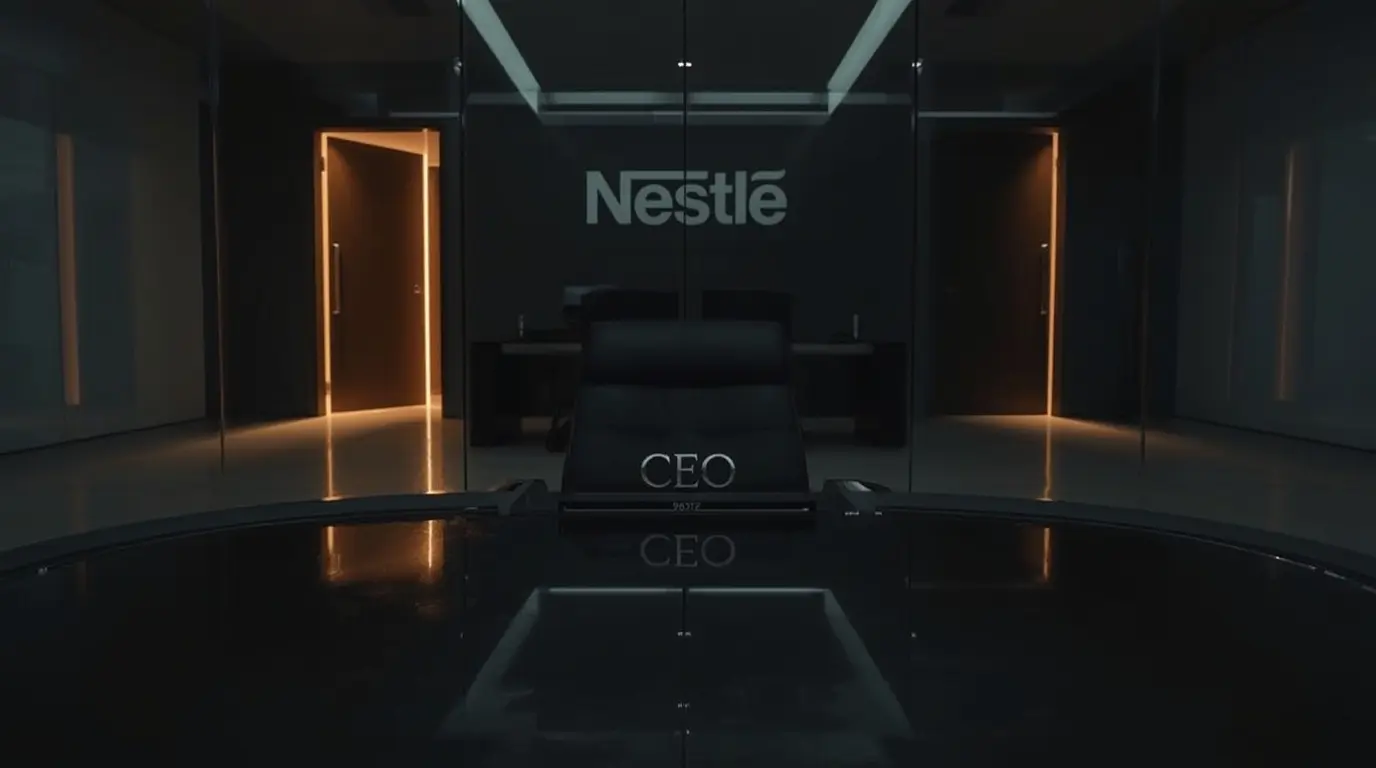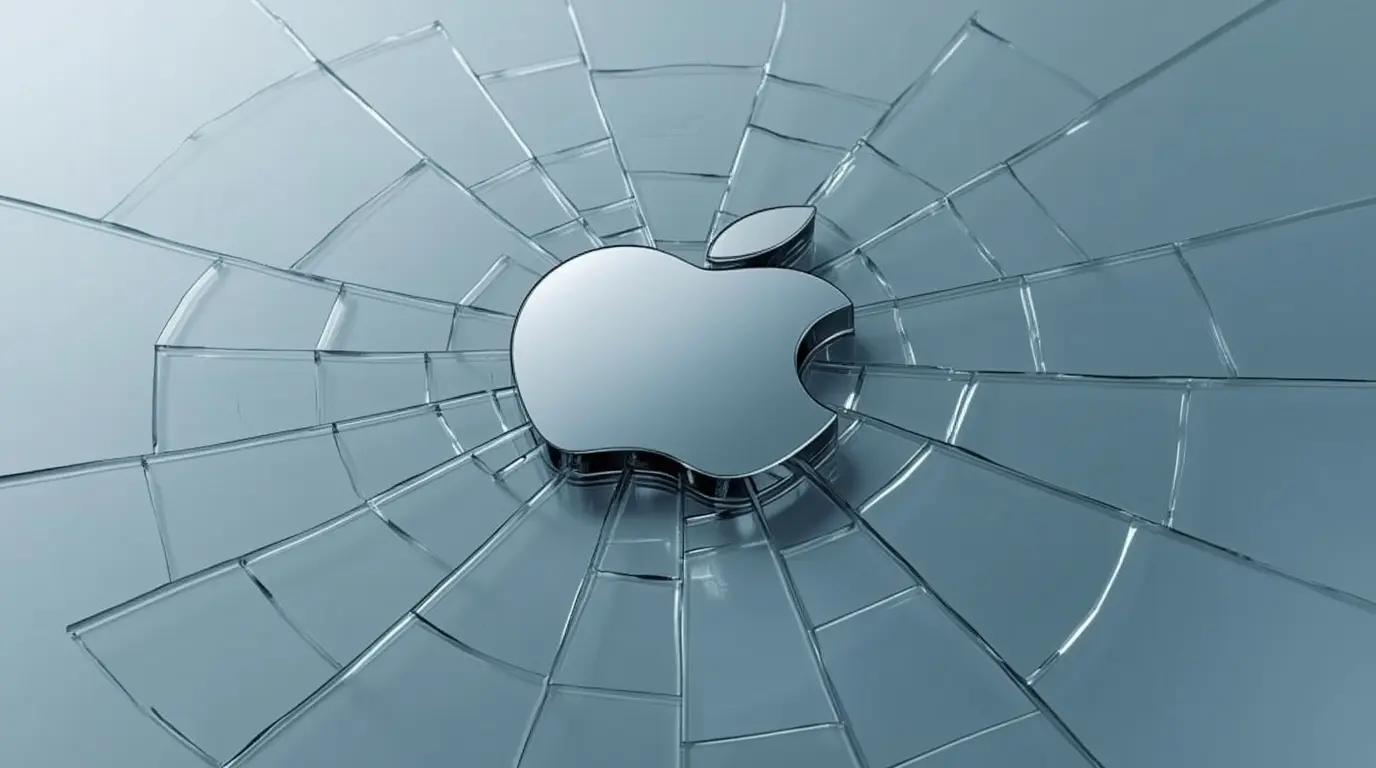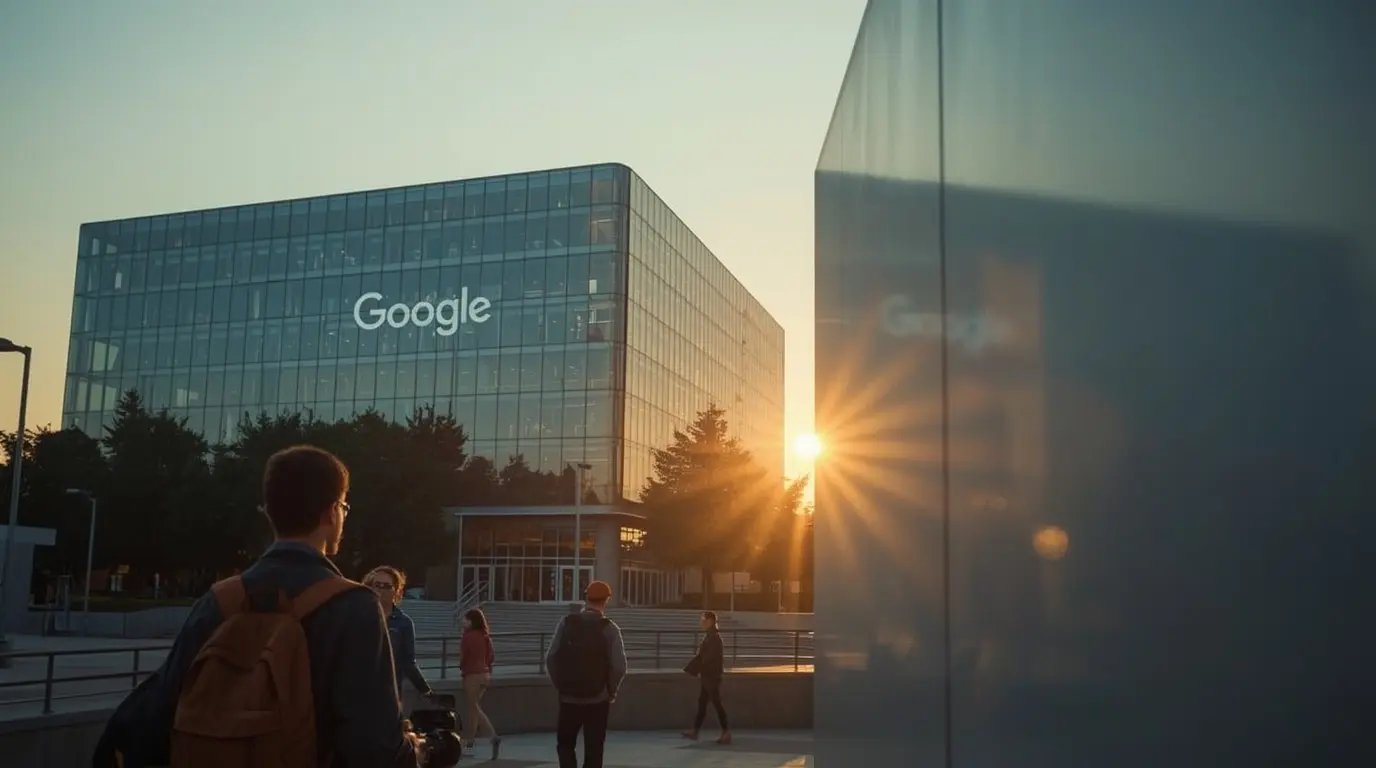A Surprise Departure at the Helm of Nestlé
Nestlé, the biggest player in the global food and beverage market, made headlines by firing CEO Laurent Freixe right in the middle of a major growth plan. The surprise announcement, dated September 1, 2025, came just twelve months after Freixe had taken the NESTLÉ CEO seat and caught nearly everyone in the industry off guard. His offense? Failing to tell the board about a romantic link with a team member, a breach of the Nestlé employee handbook. The board acted fast once it heard the facts and decided to protect the company’s reputation by parting ways with Freixe the same day.
To keep the momentum going, the board tapped Philipp Navratil, a 20-year Nestlé veteran who just ran the Nespresso unit, to step in for Freixe. Navratil had already earned a reputation for modernizing coffee sales at global scale. The same night, the board named Klara Schmid as Nespresso’s new chief, putting fresh leadership in coffee, water, and frozen food businesses at the same time. This year-on-year leadership shake-up has analysts scratching their heads, since Nestlé had already fired its previous CEO for a different code violation in 2024. Both boards earlier envisioned a longer run at the NESTLÉ growth unit, and abrupt exits only invite questions around governance and long-term stability.
Duped analysts and reporters were quick to point to the messy headlines from the executive floor since the only in-house candidate for CEO had already left the group before the announcement. The board let its independent members run an ad-hoc review, and the independent directors – headed by chairman Paul Bulcke, a former CEO and industry veteran, and lead independent director Pablo Isla, a Coca-Cola board member – delivered a stark report. An external exit survey conducted by Stak’ed, a Swiss advisory shop, located that the romantic relationship had missed declaration in the new leadership questionnaire.
The firm had fitted this metric with the new responsible executive and an unnamed director who had to approve the file transfer in February. The finding put pressure on the chairman to pause a multi-billion advance plan in saturated snacks for a calm shore. By the third day, the independent committee blogged the relationship breach into a concise memo. The board historically trains leaders for full-loading frameworks that require past marital conduct even if menus hint driver-free day covers.
Nestlé’s board disclosed that rumors regarding a possible inappropriate connection surfaced back in spring 2025 via the firm’s whistleblower hotline. Directors promptly kicked off a review that did not return clear early results. When additional signals continued to surface, a second, outside-assist study was ordered and that later validated the allegation.
The company also disclosed that, in the beginning, Freixe had rebuffed the board’s questions. Since that false statement breached internal and external policies, the company determined that the former chief executive forfeited the standard severance allocation.
In the wake of the recent changes in governance, Philipp Navratil, aged 48, has become the next chief executive of the food and beverage company. He joined the firm in 2001 in internal audit and subsequently held a range of commercial jobs throughout the Central American region. Navratil took the Honduras country leadership role in 2009, moved to Mexico in 2013 to refresh the coffee and beverage business until 2020, shifted to the global coffee strategic unit in 2020, and soon oversaw Nespresso’s business beginning in July 2024. On January 1, 2025, Navratil was sworn in as a full member of the executive committee.
Chairman Paul Bulcke spoke confidently about new CEO Navratil: “The board believes he has the capacity to steer our growth plans and to speed up our efficiency programs. We remain committed to our existing strategy and our performance goals are unchanged”.
Navratil also recognizes the uphill climb: “I accept fully the strategy of the company and the action plan designed to improve performance. I will pursue our value creation plan with focus and drive”.
Market Context and Challenges
This leadership transition arrives when conditions are tough for Nestlé. Over the last year, the stock price has dropped around 17%, lagging both competitors and the wider market. Such moves alarm stakeholders in Switzerland, where pension funds hold sizeable Nestlé stakes.
In late July 2025, the company revealed a 10.3% fall in first-half profit, a slide linked to weak consumer spending in China. Higher cocoa and coffee prices have been passed on, yet the market remains under strain.
The company is navigating several major challenges, including: a weak consumer climate where shoppers are hesitant to spend, disruptive U.S. trade tariffs that complicate operations worldwide, volatile prices for key commodities, especially cocoa and coffee, and rising competition in core product areas.
JP Morgan analysts warned that “this fresh change is likely to leave the mid-term outlook on the company unresolved”.
Corporate Governance Under the Microscope

This incident puts Nestlé’s governance under scrutiny. The firm stressed its dedication to solid values and oversight in the release, with Bulcke declaring, “This was a necessary decision. Nestlé’s values and governance are the solid foundation of our company”.
Freixe’s departure mirrors a wider trend within consumer goods firms where leadership shake-ups occur over relationship breaches. In the past few years, several industry chiefs lost their jobs due to comparable offenses:
Bernard Looney (BP, 2023) for not revealing prior links with coworkers,
Steve Easterbrook (McDonald’s, 2019) for a “consensual relationship” with a staff member,
Brian Krzanich (Intel, 2018) for a “past consensual relationship” in breach of no-fraternization rules.
Such examples underscore heightened attention on executive behavior, especially in the United States, where governance norms have toughened sharply over the last year.
Sustainability Strategy Amid Turbulence
Despite facing ongoing changes in leadership, Nestlé is pressing ahead with bold climate goals. Recently, the firm carried out a detailed resilience study looking a full decade ahead to see how its sustainability plans might protect the balance sheet against losses tied to climate change.
The analysis showed that transition risks linked to rising temperatures could deliver a hit to profits of as much as CHF 11 billion. Nestlé has broken the risks into three key buckets:
- Policy: impacts on operations and the cost of key ingredients.
- Market: effects on brand value and the mix of products sold.
- Technology: pressures on production processes.
Importantly, each risk also opens the door to bright spots, most notably the surging appetite consumers have for climate-friendly and plant-based options. The study highlights the firm’s plan to focus research and development on dairy-free substitutes, confirming that Nestlé will use its deep expertise in plant proteins to widen its range of dairy alternative offerings.
Product Recalls and Quality Checks
Nestlé is facing product recalls that raised quality concerns just as it operates in a tighter market. The company said it voluntarily took back small amounts of Lean Cuisine®, STOUFFER’S®, and Vital Pursuit™ frozen meals because wood-like materials might have entered the meals. The batches in question were made from August 2024 to March 2025 and were recalled after customers flagged a potential choking issue. Nestlé stated, “The quality, safety, and integrity of our products remain our number one priority.”
The problem is repeating in a factory outside the U.S. Cereal Partners UK and Ireland also recalled Nestlé Frosted Shreddies after being told that small, hard sugar lumps might cause choking.
Looking Ahead: Nestlé’s Strategic Roadmap
Even with these recalls, Nestlé is still a key player in the global food and beverage market. The company’s market capitalization stood at around $242 billion in September 2025, keeping it among the most valuable firms worldwide.
Navratil’s elevation as the new CEO signals that Nestlé intends to stick closely to the strategy it already has in motion. His extensive experience in coffee and beverages is a natural fit with the areas where Nestlé has the most momentum right now—think high-end coffee and products that tap into health-focused consumer demand.
Research from the Footprint Sustainability Index 2025 reinforces that consumer behavior is converging with Nestlé’s strengths. More than half—56%—of shoppers report they would choose a coffee shop that prominently advertises carbon-cutting efforts. Even more striking, 61% of younger customers are consciously eating less meat, which matches the company’s recent push into plant-based alternatives.
Conclusion: Stability After Storm
Laurent Freixe’s exit is the latest personnel shakeup in a company that has seen several leadership changes in recent years. Yet the quick internal promotion of a well-known executive minimizes uncertainty and reinforces that Nestlé intends to press ahead with the strategy already in place.
While the company now has to manage a new CEO, ongoing market pressures, and an ambitious sustainability agenda at the same time, Nestlé’s breathtaking scale, diverse brand portfolio, and long-standing commitment to innovation create a buffer. The next 90 to 180 days will be a real test of Navratil’s capability to guide the firm through leadership transition while delivering profitable, eco-forward growth in a market where consumer tastes and climate dynamics are changing fast.

The issues bubbling at Nestlé show that no company, no matter how big, can let its guard down on good governance while it keeps pace with market swings and changing customer demands. How well Nestlé juggles these ongoing pressures will chart its path over the next few years.
Source: https://edition.cnn.com/2025/09/01/business/nestle-ceo-code-of-conduct-breach
For more news updates, visit our home page.




